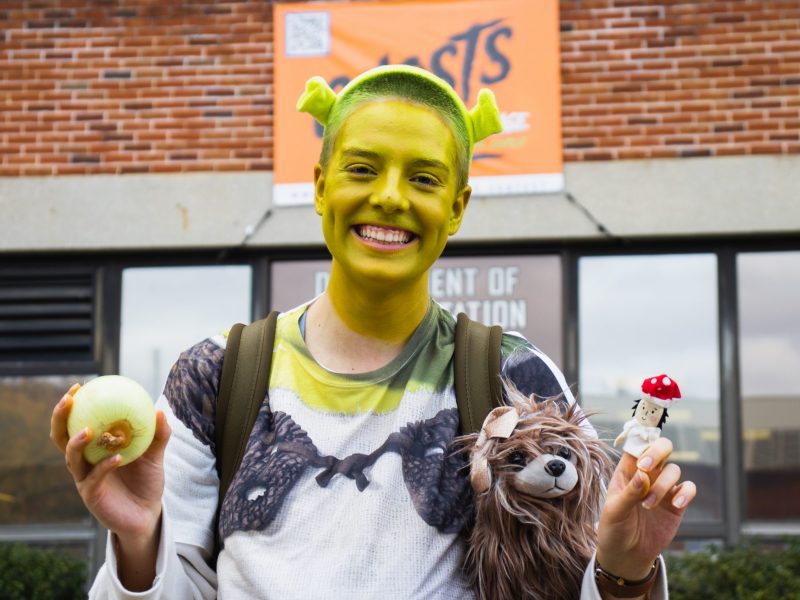It’s that time of year again — Banned Books Week!
This year, I’m asking for a copy of J.D Salinger’s The Catcher in the Rye (wrapped in old Playboy centerfolds, naturally) and copies of Judy Blume’s Forever… from all my friends.
Banned Books Week runs from Sept. 25 to Oct. 1 in 2016. But don’t let its once-a-year nature fool you — literary censorship, the target of the national campaign, isn’t a new phenomenon, nor is it a rare one.
In fact, the American Library Association’s list of “Banned and Challenged Classics” reads like the syllabus for a high school English class. The names on this list aren’t fringe works of vampire porn or weird serial killer manifestos — they are, as listed, classic works of literature, the type of books you feel guilty about if you don’t read. The Great Gatsby, The Grapes of Wrath, To Kill a Mockingbird, 1984: All are critically acclaimed, widely read works of writing… and books that have been banned since they were published.
A 1989 Los Angeles Times article about the banning of The Catcher in the Rye at a California high school serves as an interesting look at the logic that leads to the banning of classic works of literature like Salinger’s.
“It uses the Lord’s name in vain 200 times,” religious activist Patty Salazar told The Times. “That’s enough reason to ban it right there. They say it describes reality. I say let’s back up from reality. Let’s go backwards. Let’s go back to when we didn’t have an immoral society.”
Of course, there’s a number of reasons why books are banned, whether it’s for being too profane or (most commonly today) touching on LGBT rights issues. But generally, they’re banned because they don’t fit into the narrow worldview of the people who want to ban them. In other words, they’re books that encourage thought and challenge expectations.
This is what Banned Books Week is trying to promote. The celebration, in its 35th year, is something of a “screw you” to censorship. Libraries across the nation are offering festivities that encourage bookworms to break into the world of books that have been banned, and the American Library Association uses the week as a platform to raise awareness about censorship in literature.
So how can you celebrate your love of literature deemed inappropriate by the powers that be? In addition to throwing a banned books costume party (dibs on going as the penis named Ralph from Forever…), the librarians behind Banned Books Week want people to spread the word. Tell people about your favorite banned books and read a few new ones — there are plenty of excellently raunchy and/or progressive books still being challenged today.
Because, as Ray Bradbury reminded us in his ironically often-banned classic Fahrenheit 451, what’s in those books is most scary to those who oppose them.
“A book is a loaded gun in the house next door … Who knows who might be the target of the well-read man?”



